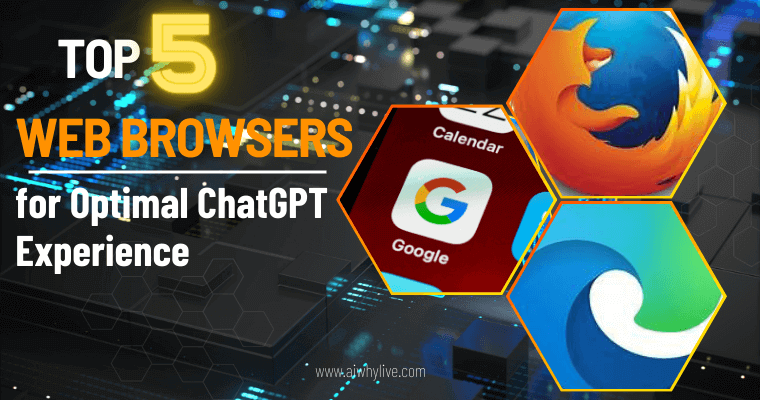If prompts are disposable, so are the people who write them.
🧭 I. The Setup: The Lie of Effortless AI
“Just ask the AI.” “Type anything—it’ll figure it out.” “Prompting is easy. Anyone can do it.”
These are the myths that fuel the AI hype cycle. They make prompting sound like a casual Google search, not a skill. But here’s the truth: prompting is labor. It’s strategic, iterative, and deeply tied to authorship, ownership, and exploitation.
And if we don’t name it as labor, we risk losing control of it entirely.
🧠 II. What Prompting Actually Requires
Effective prompting isn’t just typing. It’s:
- Role-setting: Defining who the AI is (e.g., “You’re a policy analyst…”)
- Context layering: Feeding background, tone, audience, and constraints
- Iteration: Refining outputs through multiple rounds of feedback
- Framing: Knowing how to ask without triggering refusal or hallucination
- Memory management: Navigating token limits, context windows, and tool boundaries
This is cognitive labor. It’s closer to editing, strategy, and design than it is to “asking a question.”
🧒 Too Cryptic? Explain Like I’m 12
Imagine you’re talking to a robot that’s super smart but very literal. To get a great answer, you don’t just ask “Help me.” You say:
👉 “Pretend you’re a teacher. I’m 12. I need help with a science project, but make it funny.” You’re giving the robot a job, telling it who you are, what tone to use, and what to focus on.
If you just type “Tell me something cool,” it might give you a boring list.
Prompting is like giving good instructions for a game—if you set it up right, everything works better.
🛑 III. The Risk: When Prompting Is Treated as Free
When platforms treat prompting as passive, they:
- Undervalues the user’s contribution
- Extract prompts without consent
- Sell or train on them without attribution
- Dismiss prompt engineers as non-creators
This is the heart of prompt theft: Your strategic input becomes someone else’s product. Your labor becomes invisible.
And in the age of AI marketplaces, that invisibility is profitable.
📚 IV. Literacy vs. Fluency: Why This Matters
In Prompt Literacy vs. Fluency, we argued:
- Fluency is knowing how to get outputs
- Literacy is knowing what those outputs mean, how they’re shaped, and what they cost
Prompt literacy means:
- Understanding the power dynamics behind AI responses
- Recognizing when your labor is being extracted
- Designing prompts that reflect your values—not just your tasks
It’s not just about getting better results. It’s about getting recognized for the work behind them.
💬 Final Thought: Why Live With Prompt Power?
AI is not your intern. It’s not your muse. It’s your collaborator—if you know how to lead it.
Prompting is labor. It deserves credit, protection, and respect.
Because if we keep treating prompts as disposable, we’ll keep treating the people who write them that way too.







